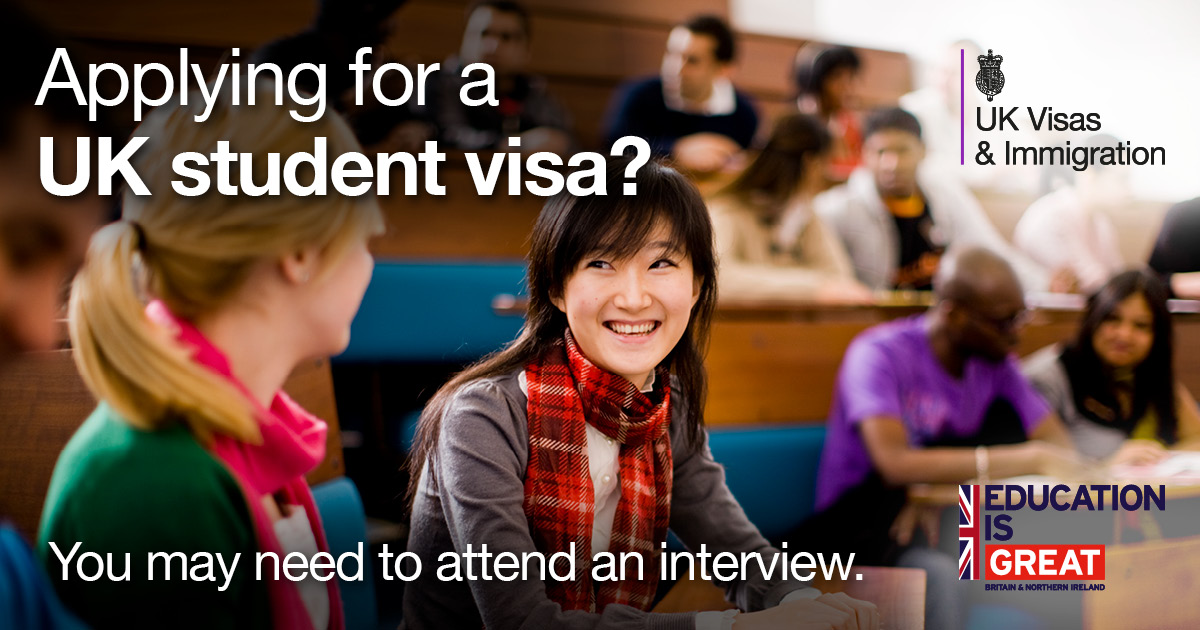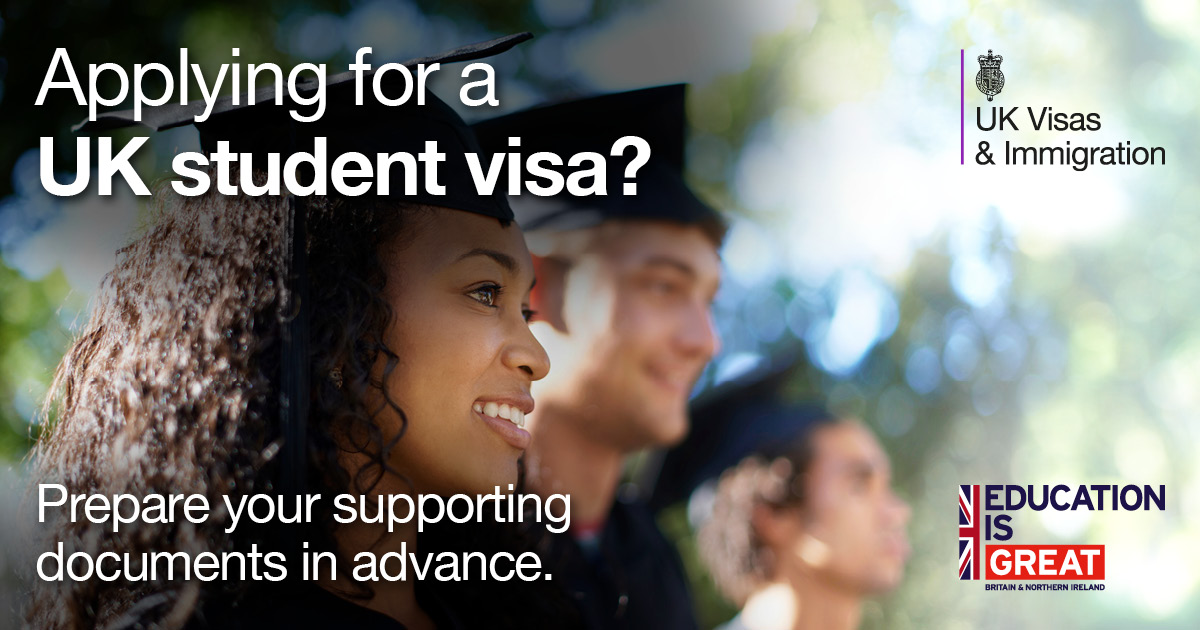The immigration rules are very strict about the financial documents you must show to prove you have enough money to support yourself (and your dependants if you have any) whilst you are studying in the UK .
You will need to provide evidence of one, or a combination of the following:
1. Cash in a bank account. Cash in your, or a parent or legal guardian’s, bank account for a 28 day period - see more information about bank statements you need to provide.
IMPORTANT: If you are using your bank account or the bank account of your parents or legal guardian, the money must be held in cash and you must show that you have held the money in your, your parents', or your legal guardians' bank account for at least 28 continuous days. Your balance must not have dropped below the required amount. If the balance has dropped below the right amount even for just 1 day, you will not meet the financial requirements and your student visa will be refused.
The date of the bank statement must not be more than 31 days old on the date that you submit your visa application.
The money must not be held in a bank or a financial institution which UKVI view as untrustworthy.
2. Loan. A loan must be a student loan provided by: a government; or, a government sponsored student loan company; or, an officially regulated academic or educational loans scheme.
3. Letter from an official financial sponsor. The UKVI define only the following institutions as "official financial sponsors":
- Your country’s national government or the UK government
- British Council
- an international organisation
- an international company
- a University
- a UK independent school
If I am using a bank account, what evidence do I need to provide?
If you are using your own personal bank account, you need to provide your original bank statement in your name covering a 28 day period.
The date of the bank statement must be no more than 1 month old at the time you submit your student visa application.
Your original personal bank statement must show:
- your name
- account number
- the date of statement
- the name and logo of the bank
- bank's contact details
- that the balance has not fallen below the required amount for the full 28 day period.
If you use electronic statements, they must include all the standard information above. You cannot use mini-statements from automatic teller machines (ATMs).
Cash in a parent or legal guardian's account If you are using cash in a bank account in your parent or legal guardian’s name then you must include your parents’ or legal guardian’s original bank statement including all the same information as on the personal bank statement. Your parents must write a letter saying that they will support you financially for the duration of your course.
If your parents or legal guardians are providing your tuition fees and living costs, you must also prove that they are your parents or legal guardians.
You do this by providing one of the following:
- your original birth certificate, showing the name of your parents
- certificate of adoption showing your name
- original court documents stating the name of your legal guardian
Overseas Banks Statements
You can use an overseas bank account. However, if your funds are not in pounds sterling (£), you should convert the closing balance and write this sum on the document that you are using as evidence of your finances. The Home Office uses http://www.oanda.com/ to convert currencies into pounds sterling, so you must use this exchange rate too.
Funds will not be considered if they are held in a financial institution where any of the following apply:
- the Home Office is unable to make satisfactory verification checks; or
- the financial institution is not regulated by the appropriate regulatory body for the country in which that institution is operating; or
- the financial institution does not use electronic record keeping.


.png) Email visaadvice@aber.ac.uk
Email visaadvice@aber.ac.uk

